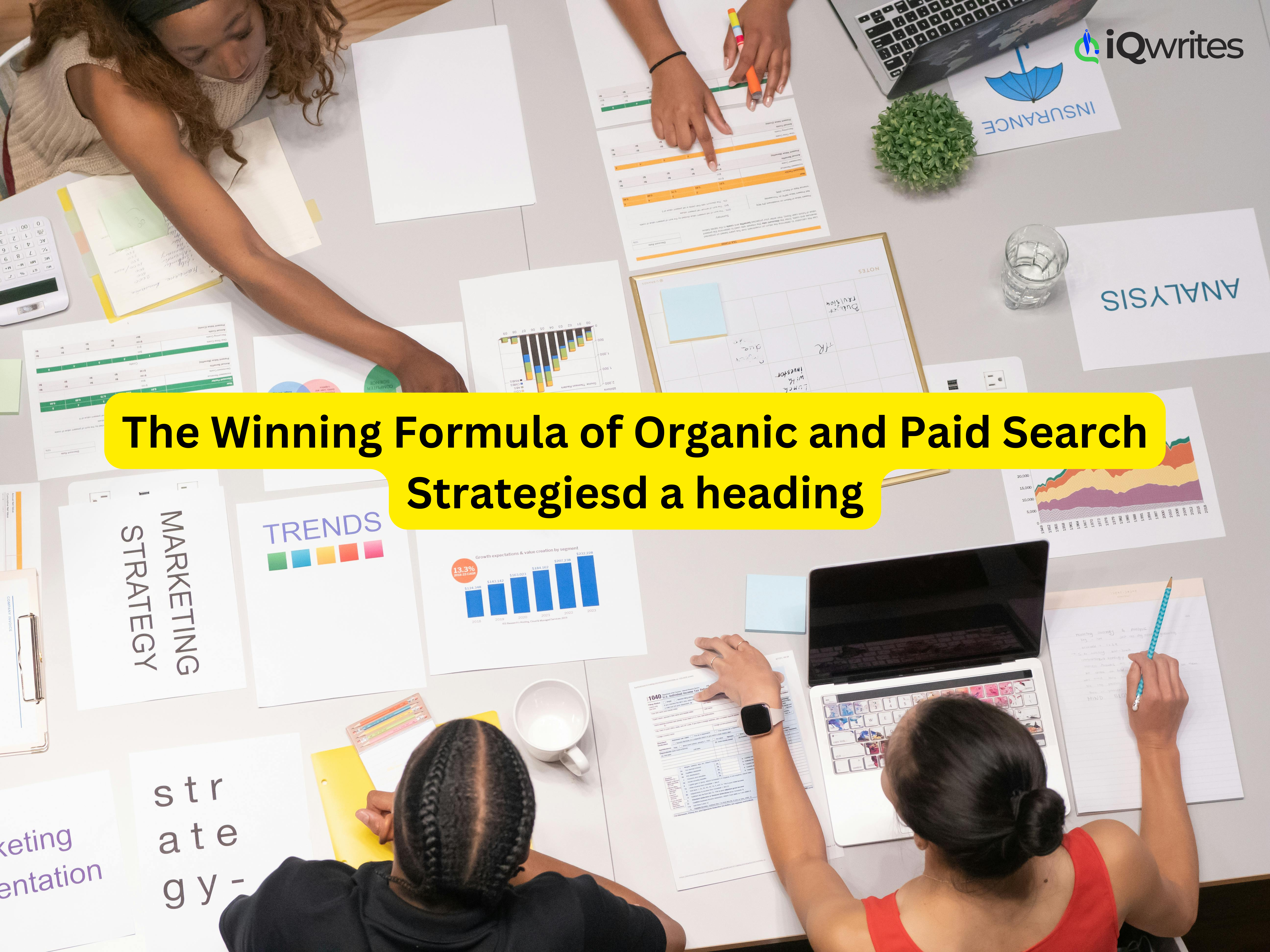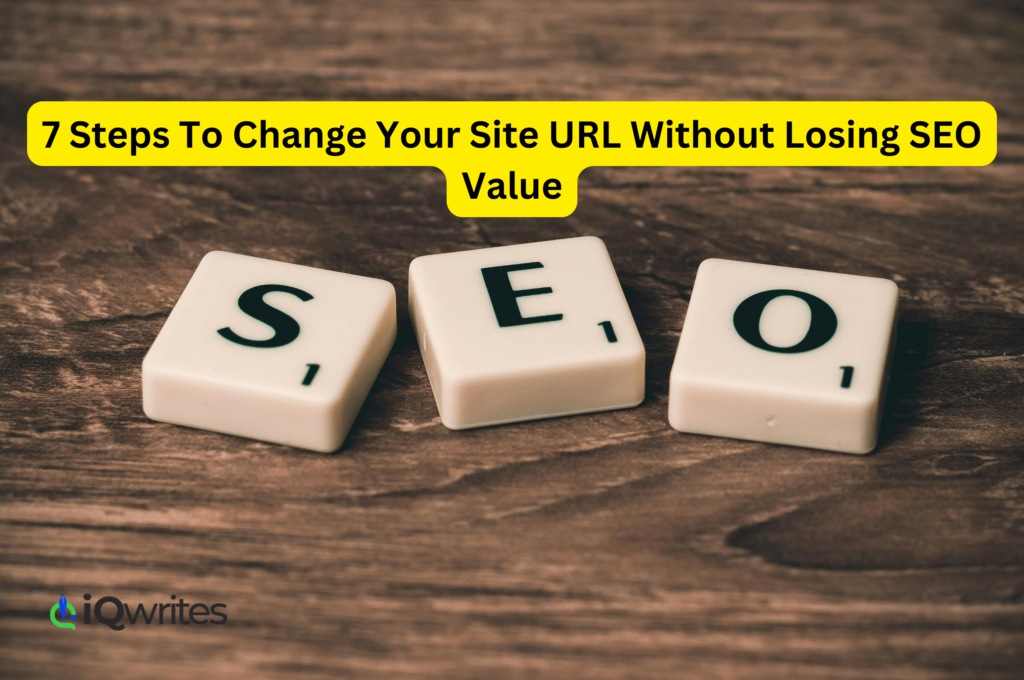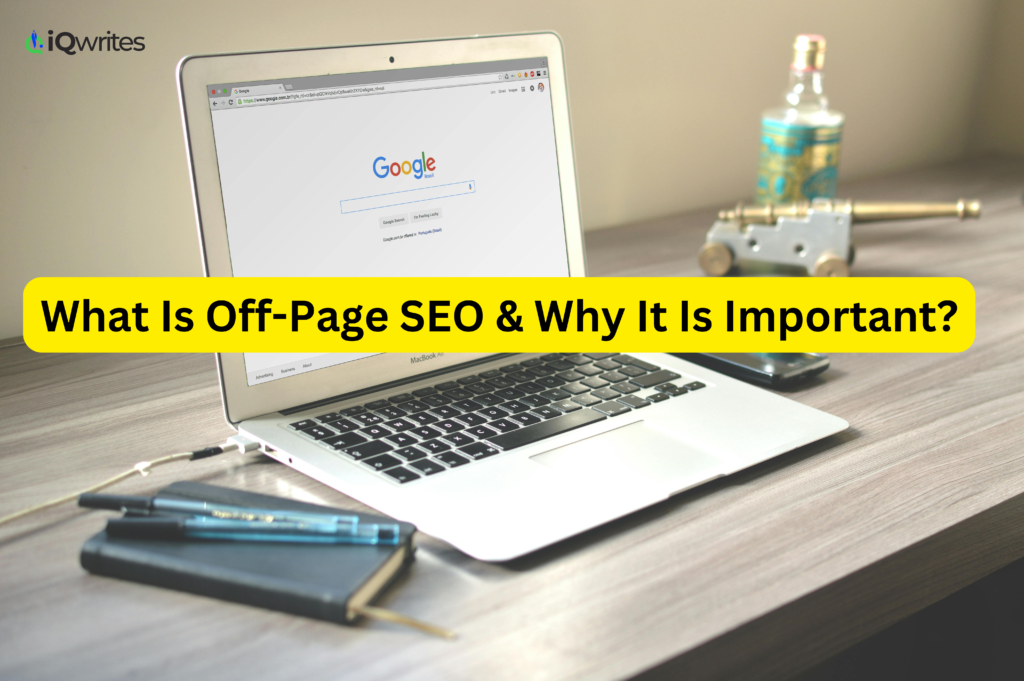In today’s competitive digital landscape, businesses are vying for visibility and customer attention. To achieve this, leveraging both organic search engine optimization (SEO) and paid search advertising is crucial. While each strategy offers distinct benefits, combining them creates a powerful synergy that maximizes results, boosts visibility, and provides a competitive edge.
This article explores the benefits of merging organic and paid search strategies, highlights the key elements of each, and provides actionable insights to help businesses succeed.

What Are Organic and Paid Search Strategies?
Organic Search
Organic search focuses on driving traffic through unpaid methods, primarily by optimizing web content to rank higher on search engine results pages (SERPs).
Key elements of organic search include:
- Quality Content: Delivering relevant, valuable information tailored to user intent.
- Keyword Optimization: Targeting strategic keywords that align with user searches.
- Technical SEO: Ensuring fast-loading, mobile-friendly, and easily navigable websites.
- Backlinks: Acquiring high-quality links from reputable sources to establish authority.
Essential Checklist: Key Considerations for Your SEO Audit
Paid Search
Paid search, also known as pay-per-click (PPC) advertising, involves paying for ad placements on SERPs. Platforms like Google Ads allow advertisers to bid on keywords to secure prime ad positions.
Key elements of paid search include:
- Immediate Visibility: Ads appear instantly once the campaign is live.
- Targeting Capabilities: Tailor ads based on user demographics, location, and behavior.
- Budget Control: Flexible spending options to match advertising goals.
Why Combine Organic and Paid Search Strategies?
Integrating organic and paid search isn’t just about increasing traffic; it’s about creating a cohesive approach that drives visibility, conversions, and higher ROI.
1. Enhanced Visibility and Brand Awareness
Combining strategies allows businesses to dominate SERPs by appearing in both organic and paid results, increasing credibility and trust.
- Paid Ads: Attract immediate attention, especially for competitive keywords.
- Organic Results: Reinforce trust as users often perceive them as more authentic.
This dual presence boosts click-through rates and ensures competitors don’t monopolize SERP visibility.
2. Better Data Insights for Optimization
Using organic and paid strategies together provides valuable data that can refine campaigns.
- Keyword Insights: Identify high-performing keywords from paid campaigns and integrate them into organic strategies.
- A/B Testing: Test headlines, copy, and calls-to-action in paid ads to improve organic content.
- Behavior Analysis: Use data from both channels to understand user preferences and pain points for better personalization.
3. Faster Results with Long-Term Growth
Organic search builds authority over time, while paid search delivers instant results.
- Paid Search: Drives immediate traffic and conversions.
- Organic Search: Provides sustainable, long-term growth even after paid campaigns end.
This combination ensures businesses achieve short-term wins without sacrificing long-term goals.
4. Improved Cost Efficiency
Combining organic and paid efforts optimizes marketing budgets:
- Organic SEO reduces dependence on costly paid campaigns over time.
- Paid ads can focus on high-value keywords while organic efforts target less competitive ones.
This strategic approach ensures effective audience targeting while minimizing costs.
5. Higher Conversion Rates
Repeated exposure to a brand in both organic and paid results increases the likelihood of conversions due to the mere exposure effect.
- Paid ads lead users to conversion-focused landing pages.
- Organic content builds trust and provides detailed information to support purchasing decisions.
Aligning messaging across channels ensures a seamless customer journey, driving engagement and conversions.
6. Stronger Competitor Positioning
Combining strategies helps businesses outperform competitors in highly competitive markets:
- Secure top positions for critical keywords with paid ads, even if competitors dominate organically.
- Establish brand authority through consistent visibility in both organic and paid results.
Practical Tips for Combining Organic and Paid Search
- Define Clear Goals: Align organic and paid search objectives with overall business goals.
- Leverage Remarketing: Use paid campaigns to re-engage users who visited your site via organic search but didn’t convert.
- Maintain Consistent Messaging: Ensure cohesive branding across organic content and paid ads.
- Monitor Performance Metrics: Track click-through rates (CTR), conversion rates, and cost-per-acquisition (CPA) to optimize campaigns.
- Invest in High-Quality Content: Valuable, engaging content boosts both organic rankings and paid ad performance.
- Utilize Automation Tools: Platforms like Google Ads and SEO tools simplify keyword research, campaign management, and performance tracking.
Real-Life Success Stories
- E-Commerce: Online stores run PPC campaigns for seasonal sales while using organic SEO for evergreen content like product guides.
- Local Businesses: Restaurants optimize for organic search terms like “best café near me” while running paid ads during peak hours.
- Tech Startups: Startups use paid campaigns for quick lead generation and organic SEO for long-term authority through thought leadership content.
Conclusion
In today’s dynamic digital landscape, combining organic and paid search strategies is the key to achieving sustainable growth, greater visibility, and a competitive edge. This integrated approach ensures short-term wins and long-term success by leveraging the strengths of both strategies.
Ready to elevate your search strategy? Contact IQWrites today for expert SEO and PPC services designed to drive results!

